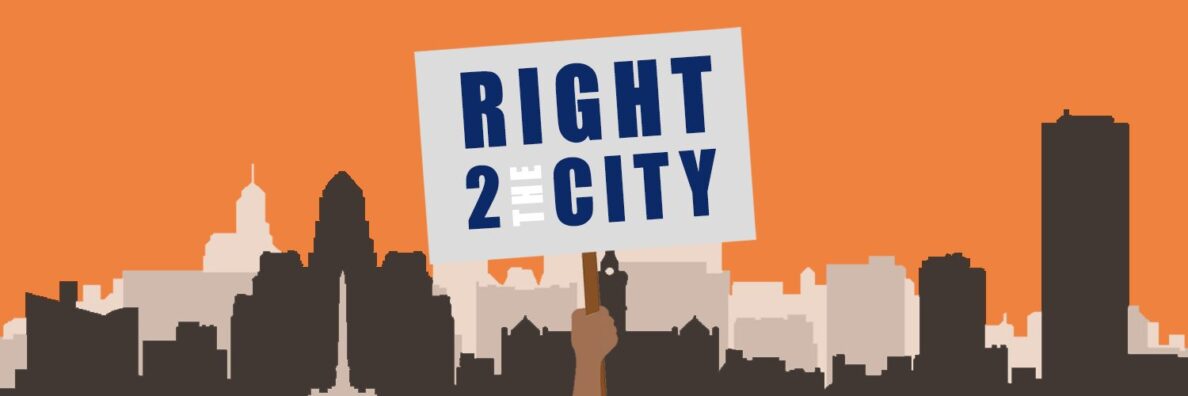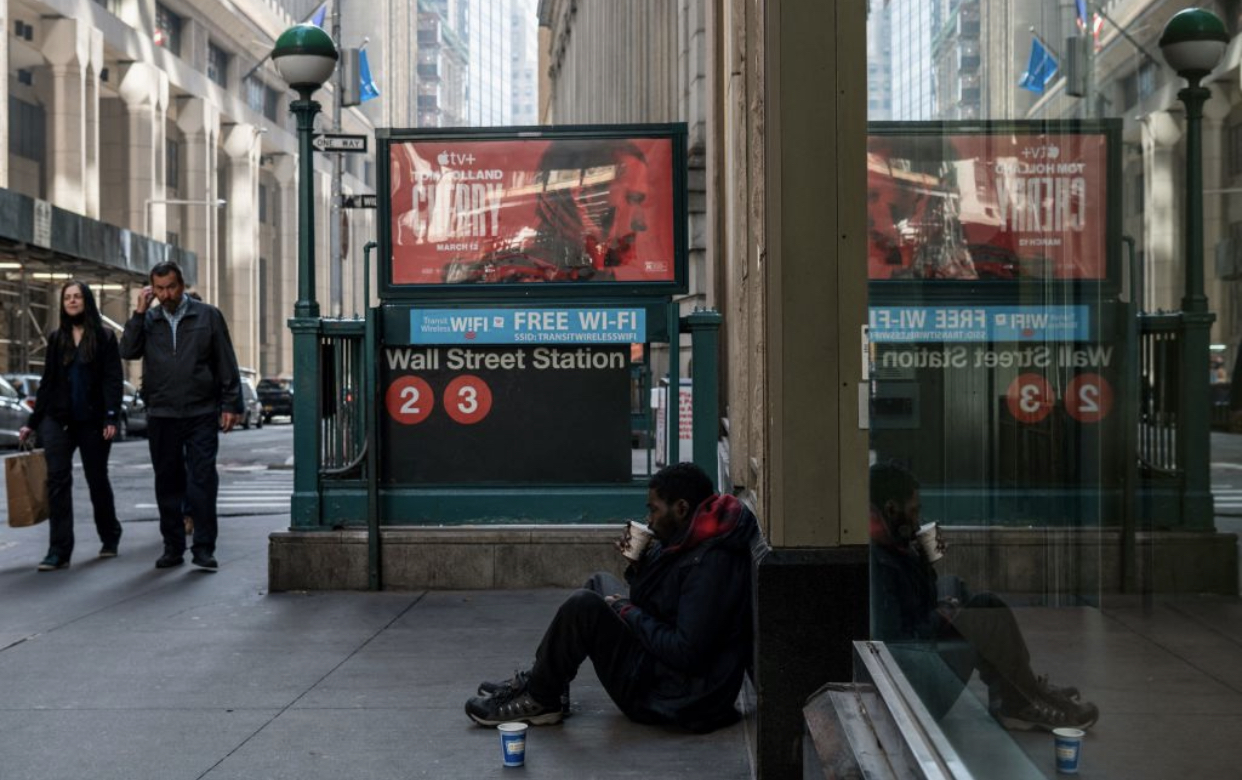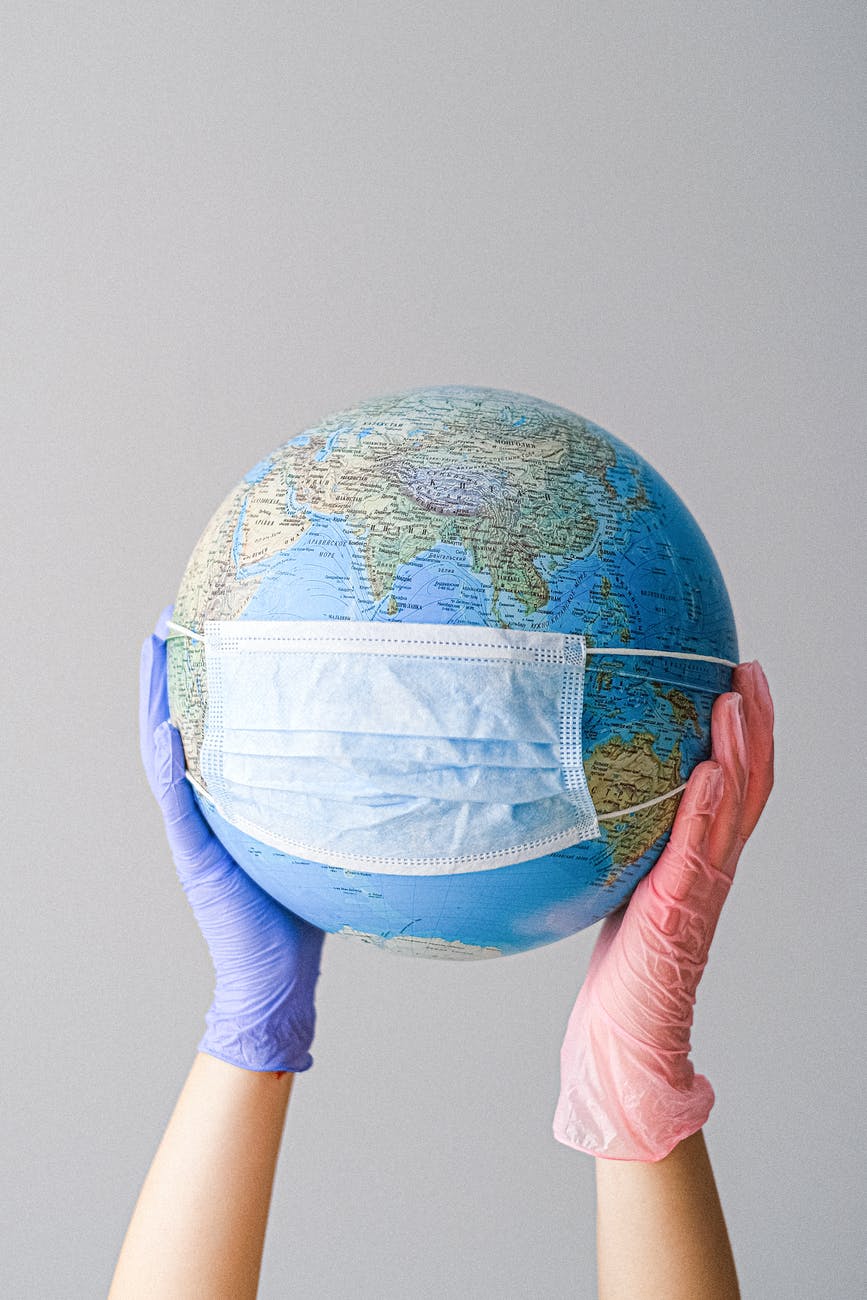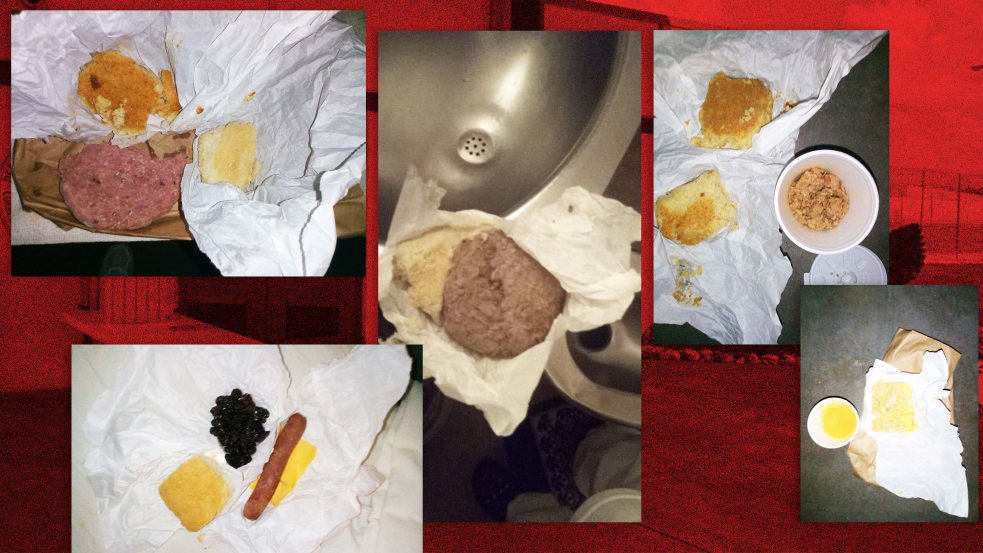We Still Don’t Know Who the Coronavirus’s Victims Were
By Ibram X. Kendi
Read the full article from The Atlantic here.
“More than a year into a pandemic that has killed at least 574,978 Americans and infected 32.3 million as of Thursday, we still have only partial visibility into precisely who coronavirus patients really are. Data inequality, and all its shadows, is the norm. No one knows how many Black Americans died from COVID-19. No one knows exactly how many Native Americans were hospitalized. No one knows precisely how many white Americans were tested for the coronavirus. No one knows precisely how many Asian Americans and Pacific Islanders were terrorized by other Americans.”





